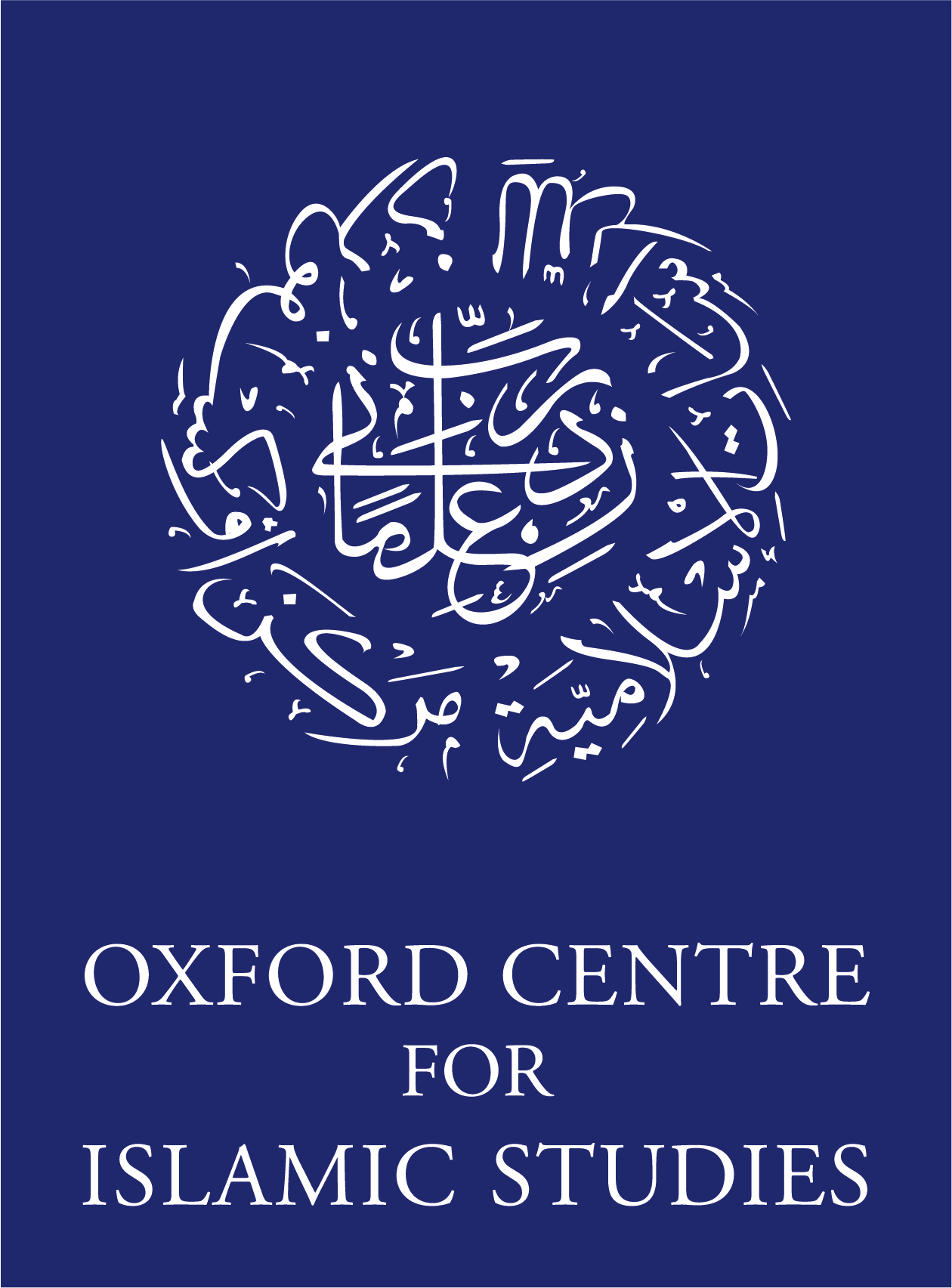The Past, Present, and Future of Earthquake Risk in Asia
The recent devastating events in Turkey have shown the capacity for earthquakes to cause widespread death and destruction across regions. The link between presence of earthquake hazard and concentrations of people is ancient, widespread, and leads to exposure of a major part of the population of Asia. Earthquakes alter the landscape, divide uplands from arid basins, and control the presence and flow of water. They thus provide opportunities for settlement, farming, and trade. Long historical records show how modern cities have been hit repeatedly in past centuries, though those large cities have grown from smaller towns, with much of the growth occurring in recent decades. In this presentation we will introduce the science of earthquakes, some of the tools available for their study, and the ways in which they have impacted populations ancient and modern. We will focus on past earthquake disasters of Turkey, Iran, and surroundings showing how we can learn from these events to help prepare for the future. Finally, we will explore the challenges in turning earthquake science into risk and risk reduction.
This seminar will begin at 5pm in the Centre's Jerusalem Room. Prior booking is not required. All welcome.
